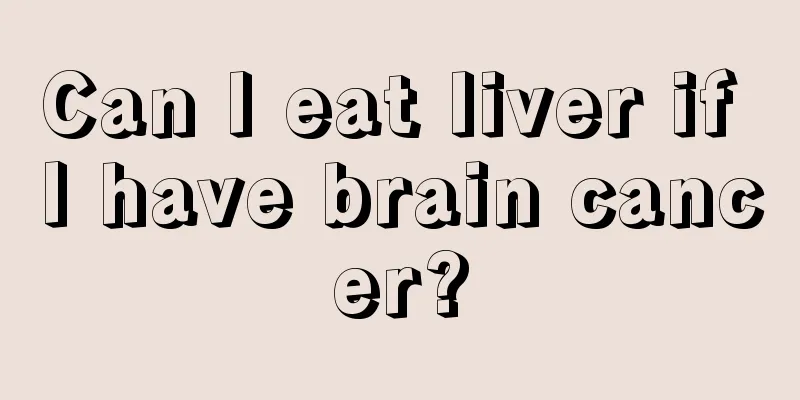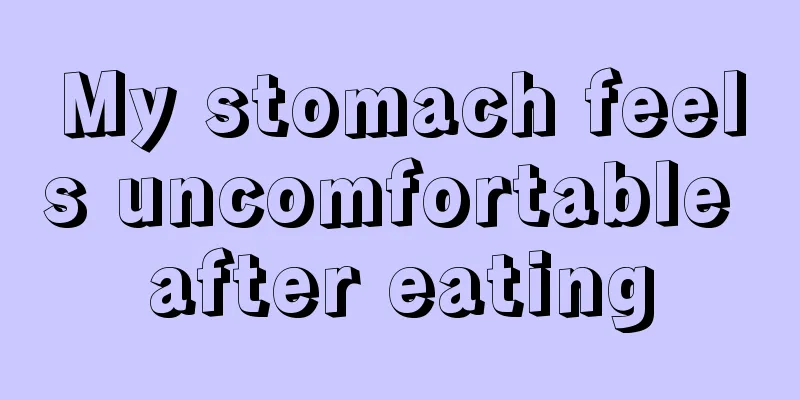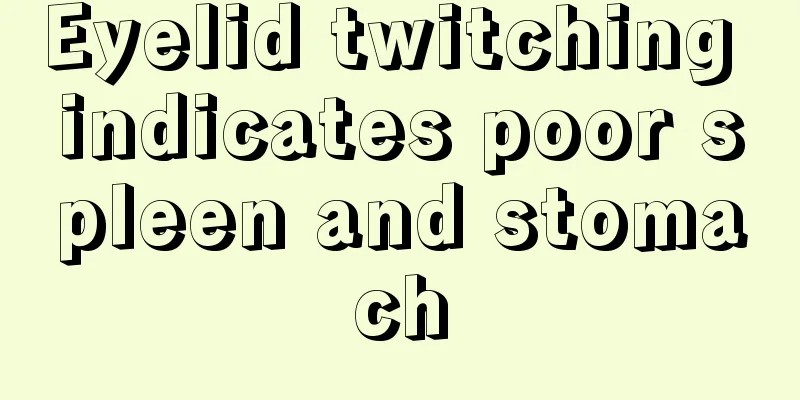How to recognize early gastric cancer

|
Early gastric cancer often has no obvious symptoms, or more precisely, atypical symptoms. The patient's systemic symptoms are generally good, and there are few local signs, so it is often not enough to attract enough attention from the patient and the examiner, resulting in misdiagnosis. Therefore, paying attention to the early symptoms of gastric cancer and increasing the detection rate of early gastric cancer will enable patients to receive better treatment. However, there are traces of early gastric cancer symptoms, which are mainly manifested in the following five aspects: 1. Upper abdominal discomfort and fullness Nearly half of patients with early gastric cancer have no clinical symptoms, but only symptoms similar to indigestion, such as upper abdominal noise, dull pain, slight fullness, pain, nausea, belching, etc. These symptoms can also be seen in chronic gastritis, ulcer disease, functional dyspepsia, etc., and even normal people may occasionally occur. 2. Stomach pain Most patients with gastric cancer have symptoms of stomach pain in the early stage, which are often mistaken for gastritis or ulcer disease and treated. Oral stomach medicine can temporarily relieve the symptoms. However, the pain of gastric cancer generally has no obvious regularity and manifests as continuous dull pain, unlike gastric ulcer or duodenal ulcer, which has obvious characteristics of pain after or before meals. People with existing gastric or duodenal ulcers should be alert to gastric cancer and seek medical attention in time if the regularity of pain changes and the drug treatment is not effective. 3. Loss of appetite, weight loss, and fatigue Loss of appetite may be an early symptom of gastric cancer, which may or may not be accompanied by stomach pain. It should be distinguished from the loss of appetite in patients with hepatitis. Patients with hepatitis often have elevated aminotransferases and symptoms such as fever, fatigue, yellow urine, and jaundice. Some patients automatically restrict their daily diet due to abdominal distension and belching after eating, resulting in weight loss, emaciation, and fatigue. 4. Nausea and vomiting Early symptoms of gastric cancer include a feeling of fullness after eating and mild nausea. Patients with cardiac tumors may initially experience difficulty eating, which gradually develops into difficulty swallowing and food reflux. Further development of antral cancer may cause vomiting due to pyloric obstruction. 5. Positive fecal occult blood or black stool In the early stage of gastric cancer, gastrointestinal bleeding may also occur, usually manifested as positive occult blood in the stool, that is, although the stool looks normal, blood cells can be found in the stool during testing. When the amount of bleeding is large, black stools or even vomiting blood may occur. Especially for the elderly, once black stools appear, they should be more alert to the possibility of gastric cancer. |
<<: Sixty-year-old man successfully defeated esophageal cancer
>>: How to differentiate cirrhosis nodules from liver cancer nodules
Recommend
How to overcome the fear of having blood drawn
Blood test is the most common method of examinati...
Can mild gastric bleeding heal itself?
Our stomach and intestines are responsible for di...
What are the contraindications of electrotherapy for opening meridians
Foot-stepping electrotherapy to open up the merid...
Is poorly differentiated lung cancer easy to treat?
Is poorly differentiated lung cancer easy to trea...
Will Astragalus cause internal heat?
Astragalus is a relatively common Chinese medicin...
How should pancreatic cancer be treated
How should pancreatic cancer be treated? Pancreat...
10 tips to improve sleep quality 5 foods to help you sleep soundly
Women all know that sleep is the best beauty prod...
There are small blisters on the soles of my feet and they itch
The most concave part of the sole of the foot, be...
Does ovarian teratoma require surgery?
For all female friends, the ovary is an important...
How to grow hair faster?
The growth of hair is actually related to the hea...
Detailed introduction to the key points of early symptoms of nasopharyngeal carcinoma
The early symptoms of nasopharyngeal cancer are s...
How to diagnose lung cancer clinically? Complete clinical diagnosis methods for lung cancer
Lung cancer is a relatively common lung disease, ...
What are the characteristics of bile duct cancer attacks
What are the characteristics of bile duct cancer?...
Does eating too much meat cause colon cancer?
Recently, there have been more reports of colorec...
Can nasopharyngeal cancer cause eye problems?
Can nasopharyngeal cancer cause eye problems? 1. ...









